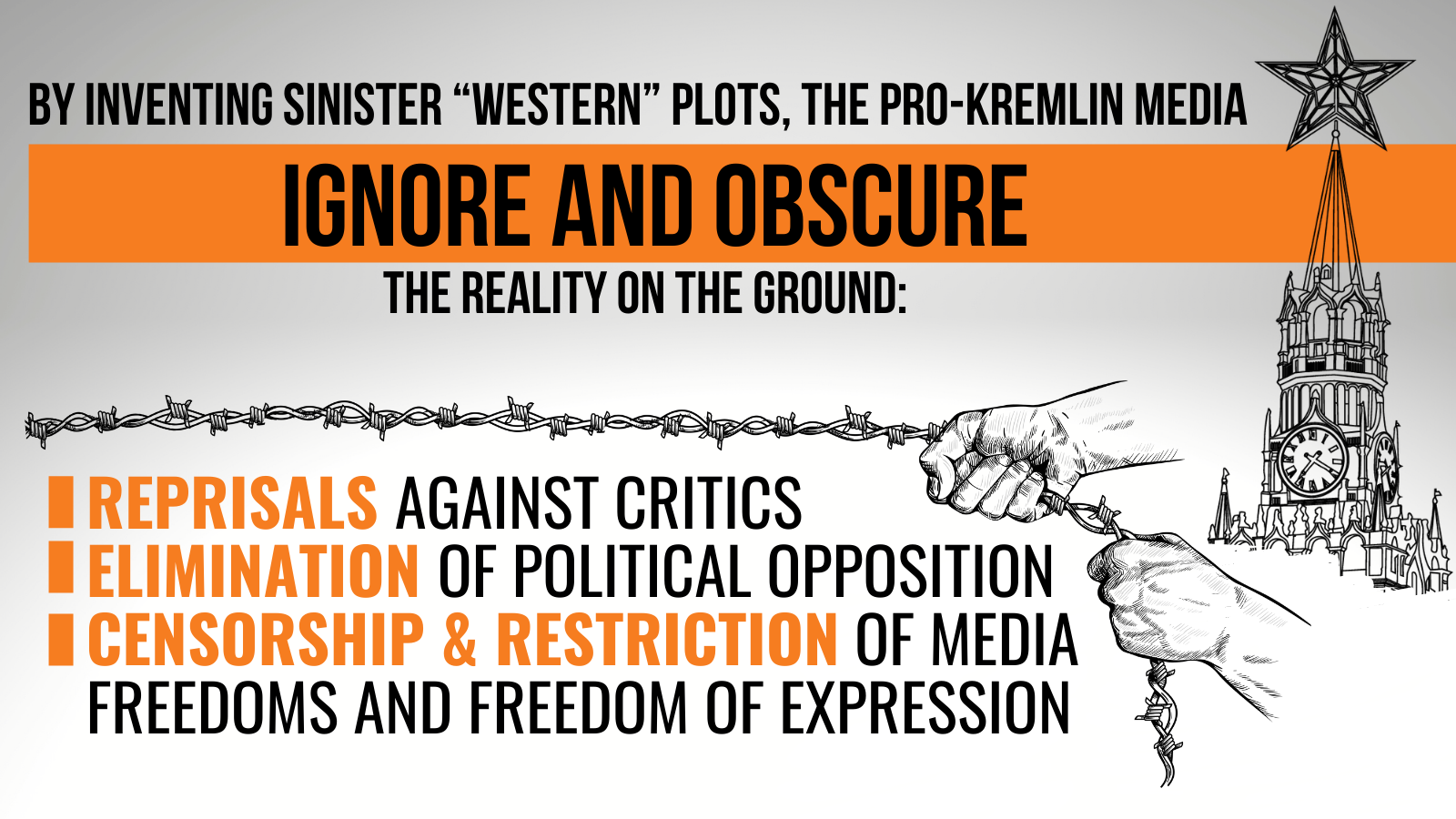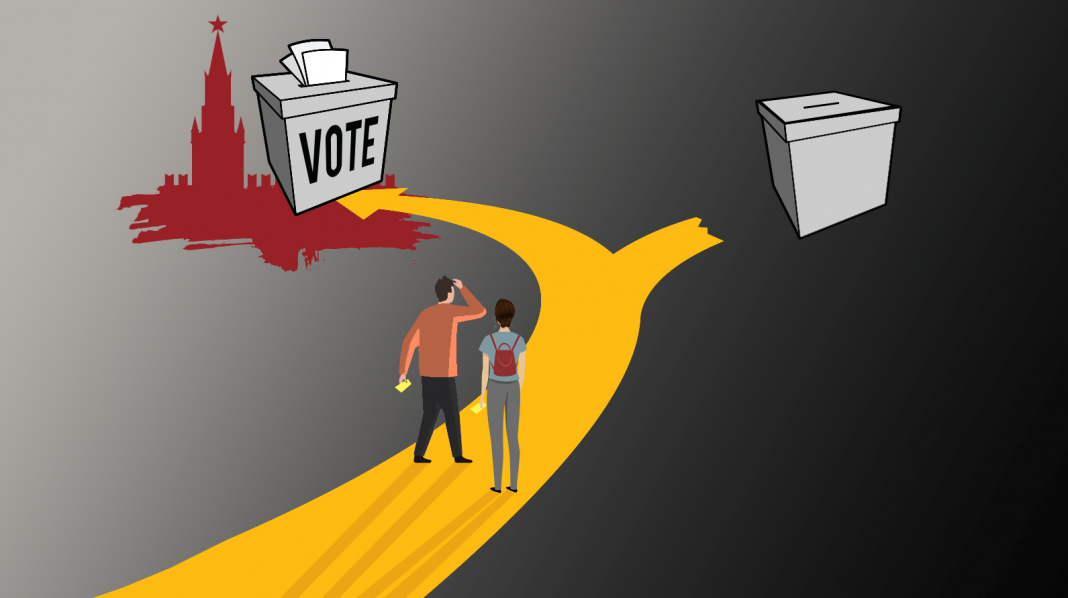Just a few weeks are left until the Russian legislative election. However, instead of pre-election staples – political debates, analysis of party programmes and similar introspection – the airwaves in Russia are filled with harrowing (and false) stories about the US and Afghanistan.
With some exceptions though. Recently a number of Russian officials and pundits have claimed that the West was hell-bent on discrediting the Russian election. According to the head of the Russian Central Election Commission, the OSCE was fulfilling a “task” to discredit the Russian election, by a priori shaping public opinion that the elections may be illegitimate. This, like similar messages in the past, came in reaction to the organisation’s decision not to send an election observation mission after the Russian authorities imposed last-minute limits on the number of election observers, essentially undermining the mission’s effectiveness and credibility. The Russian authorities cited the epidemiological situation for this decision; however, according to the OSCE, at present no pandemic-related entry restrictions or rules about operating and moving within the country would seem to prevent the deployment of a full election observation mission.
The European Parliament, ever the target of pro-Kremlin ire, was also accused – this time of specifically planning a debate on EU-Russia relations in mid-September, to arrange a provocation before the start of the vote. According to a member of the Russian Federal Council, all sorts of “destructive actions” will be taken, to “substantiate the draft statements already written in the [Western] capitals on non-recognition of the results of the Russian elections in 2021”. (Speaking of pre-written statements and pre-determined election results….)
Such messages are disseminated to pre-emptively discredit any and all criticism of the Kremlin for the unprecedented crackdown on meaningful democratic institutions in the country. By inventing sinister “Western” plots and provocations, the pro-Kremlin media and pundits wilfully ignore and obscure the dark reality on the ground: reprisals against critics and elimination of political opposition with methods that range from cold-blooded to bizarre, censorship and restriction of media freedoms and freedom of expression.

Russia Under Siege
The narrative of “encircled Russia” is one of the most prominent tropes of pro-Kremlin disinformation, and it is proving useful ahead of the election too. Inspired by the recent publication in a venerated journal of military theory which alleged that “mental warfare” is being waged against Russia, pro-Kremlin pundits are on the prowl for enemies – mental and physical ones.
This week, it is the transnational corporations, allegedly trying to destroy states, families and traditional values, whose representatives are paid to “corrupt Russia”. Such messages, accompanied with calls to introduce censorship are just the latest example of a succession of disinformation claims alleging that the West was “attacking” Russia with liberalism, gender politics, NGOs and activists.
On the ground, Ukraine remains designated enemy number one, accused this week of being Washington’s instrument against Russia, waging genocide against the Russian-speaking population in Donbas and of attacking Russian sovereignty and territorial integrity (!) with its Crimea Platform.
Elsewhere, the EU was said to pursue a policy of containment and intimidation against Russia; even the Tatar minority in Lithuania is a weapon against Moscow!
In the past, the pro-Kremlin media went to disturbing lengths to mobilise voters ahead of elections and to boost turnout, for example by suggesting that unless people show up and vote, forced homosexuality will become a norm in Russia. This time the daily effort to draw an image of Russia under (Western) siege conveys the message that the only possible outcome of the election should be a decisive victory over internal and external enemies.





